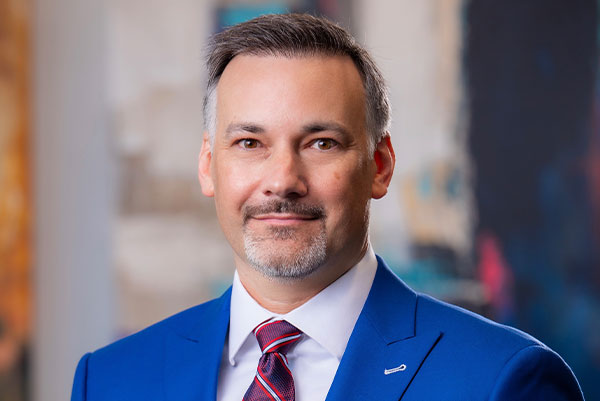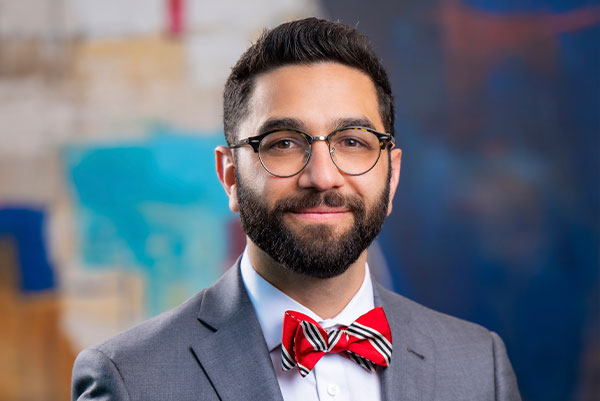In Georgia, people often step up to help others in need, especially when they are faced with an emergency. The state’s Good Samaritan Law protects those who offer help in such situations, providing legal protection to those acting out of kindness. However, many wonder how this law applies when medical professionals are involved. It is important to understand how Georgia’s Good Samaritan Law works and how it relates to medical malpractice claims.
What is the Good Samaritan Law in Georgia?
Georgia’s Good Samaritan Law is designed to encourage individuals to help others during emergencies without the fear of being sued. The law protects people who offer aid in good faith during an emergency situation, as long as they are not grossly negligent. Gross negligence refers to actions that show a serious lack of care or an extreme disregard for others’ safety.
For example, if someone at the scene of a car accident provides first aid to an injured person, they are protected by the Good Samaritan Law if something goes wrong and the person they helped is harmed. The law ensures that individuals who act with the intent to help will not face lawsuits for accidental mistakes made while offering aid.
It is important to note that this law applies to both medical and non-medical professionals. So whether you are a passerby trying to assist someone or a trained healthcare worker responding to an emergency, the law provides certain protections to shield you from legal trouble.

The Role of Medical Professionals Under the Good Samaritan Law
In Georgia, medical professionals are not exempt from the protections offered by the Good Samaritan Law. The law extends to doctors, nurses, paramedics, and other healthcare providers who offer assistance during emergencies outside of their normal professional settings. This is especially important when a healthcare provider is called to an accident scene, for example, and offers care before the person reaches a hospital.
While medical professionals are generally protected under this law, it’s essential to remember that the protection is not absolute. If a medical professional is found to be grossly negligent in their actions, the Good Samaritan Law may not shield them from a lawsuit. Gross negligence can involve situations where the healthcare provider’s actions are extreme enough to be considered reckless or overly dangerous.
For example, if a doctor at the scene of a car accident offers medical help but fails to follow basic protocols or administers the wrong treatment in a way that causes harm, this could lead to a medical malpractice case. The Good Samaritan Law would not protect the doctor if their actions were grossly negligent.
How Does Medical Malpractice Fit Into the Picture?
Medical malpractice is a legal term that refers to the failure of a healthcare professional to provide the appropriate care expected in their field, leading to injury or harm to the patient. Malpractice claims can be filed when a doctor, nurse, or other healthcare provider is accused of making a mistake that causes damage to the patient.
I had the pleasure of working against Chris on a fairly complicated case. Chris was professional during the course of litigation, and undoubtedly maintained his clients’ interests as the primary focus throughout. Due to Chris’ efficiency and advocacy for his clients, we were able to resolve the case for a reasonable amount, without spending unnecessary time and expenses. I hope to have more cases with Chris in the future, and would have no hesitation recommending Chris to handle complex personal injury matters.” - Paul T.
In the context of the Good Samaritan Law, a person who is providing emergency medical care in good faith will generally not be subject to a medical malpractice lawsuit unless their actions were grossly negligent. The law is intended to protect people who are trying to help, especially in urgent situations where immediate care is needed.
For instance, if a paramedic arrives at the scene of an accident and attempts to stabilize a patient but makes an error in judgment, the person being helped may not be able to file a malpractice claim, provided the paramedic acted in good faith. However, if the paramedic’s actions were reckless or grossly negligent, such as failing to administer CPR despite obvious signs of distress, the protections of the Good Samaritan Law may not apply.
When is a Medical Malpractice Claim Valid?
Although the Good Samaritan Law offers broad protections to those providing emergency assistance, it does not mean that medical malpractice claims cannot be filed. In cases where a healthcare provider has a duty to care for a patient and that duty is breached, a malpractice lawsuit could be valid. Medical malpractice claims are more likely to arise in situations where a healthcare provider fails to meet the accepted standard of care, either in an emergency situation or in their usual clinical setting.
For example, a doctor treating a patient in an emergency room may be held liable for malpractice if they misdiagnose a condition or fail to properly treat an illness, causing harm to the patient. However, the doctor would only be liable if the injury could be directly attributed to negligence, not just to an error made in good faith during treatment.
Dealing with Insurance Steps to File a LawsuitRelated Videos
It is important to note that a medical malpractice claim will not be valid simply because a patient is unhappy with the outcome of their treatment. A claim must demonstrate that the healthcare provider’s actions were unreasonable or negligent in a way that directly caused the harm.
The Limits of the Good Samaritan Law
While the Good Samaritan Law provides significant protection, there are limits. The law does not cover acts that occur when a person’s assistance is unsolicited. If someone is offering help in a non-emergency situation, or if their actions show an intention to harm, they are not protected by the law.
Additionally, if a person has a pre-existing duty to provide care, the Good Samaritan Law may not apply. For example, a doctor who is present at the scene of an accident but chooses not to intervene may not be protected if their inaction leads to harm. This is because medical professionals have an established duty of care to their patients and cannot avoid it by relying on the Good Samaritan Law.
Understanding the Legal Process for Medical Malpractice
If you believe that you have been the victim of medical malpractice, you may need to file a lawsuit. The process of filing a medical malpractice claim can be complex, requiring evidence of negligence, expert testimony, and other legal considerations. Before proceeding, it’s critical to have an understanding of how the process works and whether your case falls within the bounds of medical malpractice law.
A successful medical malpractice claim often requires showing that the healthcare provider’s actions were substandard compared to the accepted practices in their field. This could include proving that a doctor failed to follow established procedures or failed to offer the proper treatment based on the patient’s condition. In cases involving emergency treatment under the Good Samaritan Law, the key issue often revolves around whether the provider’s actions were grossly negligent or whether they acted in good faith.
If you are considering filing a malpractice claim or have concerns about an incident in which the Good Samaritan Law might apply, seeking legal advice is essential. Having a knowledgeable lawyer can help guide you through the complicated legal process and provide the support you need to make informed decisions.
Understanding Georgia’s Good Samaritan Law and its relationship with medical malpractice is crucial for anyone involved in an emergency situation or a medical care dispute. The law provides important protections for those who step in to help others during a crisis, whether they are medical professionals or ordinary citizens. However, it is important to understand that the law does not protect individuals who act with gross negligence or cause harm intentionally.
If you find yourself in a situation where you believe that you’ve been a victim of medical malpractice, it is essential to consult with a qualified attorney to discuss your options. At The Gunnels Law Firm LLC, we are here to offer you the legal guidance you need to navigate these complex issues. Our team is ready to assist you in understanding your rights and ensuring that you receive the justice you deserve.






